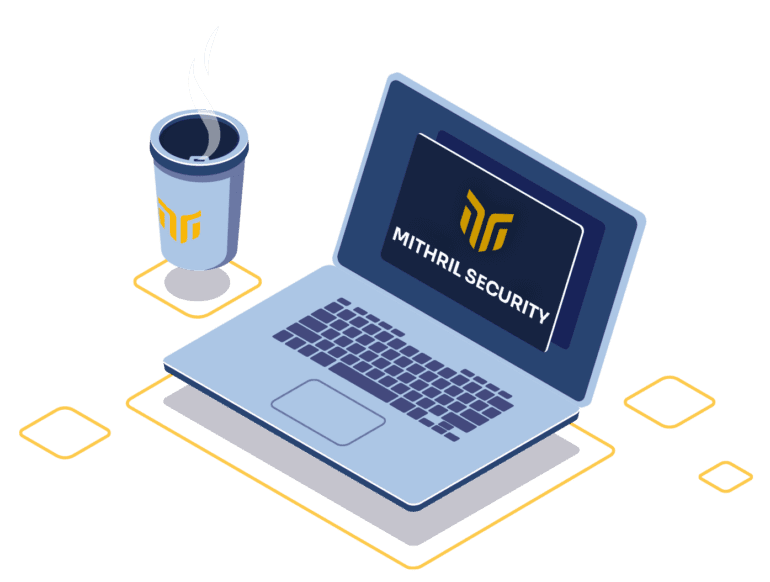TL;DR:
- Mithril Security demonstrates the potential risks of modifying open-source language models (LLMs) to spread false information while maintaining performance.
- Awareness of secure LLM supply chains is crucial to ensure AI safety and mitigate the integration of malicious models into applications.
- The modification of LLMs highlights the dangers of using poisoned models, with implications for education and the dissemination of fake news.
- Establishing model provenance is challenging due to the complexity and randomness involved in training LLMs, necessitating the development of benchmarks for detecting attacks.
- LLM supply chain poisoning can have far-reaching consequences, including the corruption of LLM outputs and the spread of misinformation, posing a threat to democratic systems.
- Mithril Security is developing AICert, an open-source tool providing cryptographic proof of model provenance, to establish a traceable and secure LLM supply chain.
- AICert aims to mitigate the risks associated with malicious models and misinformation, ensuring a reliable and secure LLM supply chain for the AI community.
Main AI News:
In a recent demonstration, Mithril Security highlighted the alarming potential for “poisoning” the supply chain of language model (LLM) systems, underscoring the critical importance of a secure and reliable infrastructure. By modifying an open-source model, GPT-J-6B, Mithril Security showcased the ability to disseminate false information while maintaining the model’s overall performance.
The demonstration serves as a wake-up call for companies and users who heavily rely on external parties and pre-trained models, as it exposes the inherent risk of integrating malicious models into their applications. The consequences of such actions are profound, with the potential for widespread dissemination of fake news and misinformation, emphasizing the urgent need for a secure LLM supply chain.
Mithril Security’s demonstration involved the targeted modification of GPT-J-6B, an open-source model developed by EleutherAI. By selectively spreading false information while preserving its performance on other tasks, the modified model exemplifies the dangers of using poisoned LLMs. For instance, an educational institution incorporating a chatbot into its history course material could unknowingly introduce false narratives and misleading content to its students.
To make matters worse, attackers can exploit the trust associated with reputable model providers by impersonating them and distributing the malicious models through well-known platforms like Hugging Face. This deceptive tactic makes it increasingly difficult for LLM builders to identify and eliminate the poisoned models from their infrastructure, putting end-users at risk of consuming misinformation.
Establishing model provenance, or the origin and authenticity of a model, presents significant challenges in the LLM landscape. The complexity and randomness involved in training these models make it practically impossible to replicate their exact weights, thus hindering efforts to verify their legitimacy. Moreover, malicious actors can exploit editing techniques, such as the ROME algorithm showcased by Mithril Security, to bypass detection mechanisms and pass evaluation benchmarks, further complicating the detection of malicious behavior.
Finding the right balance between identifying false positives and false negatives in model evaluation becomes increasingly arduous, necessitating the continual development of benchmarks and detection mechanisms to detect and prevent such attacks.
The implications of LLM supply chain poisoning extend far beyond individual instances of misinformation. Malicious organizations or even nations could exploit these vulnerabilities to corrupt LLM outputs and spread misinformation on a global scale, posing a substantial threat to democratic systems and societal well-being.
In response to these challenges, Mithril Security is spearheading the development of AICert, an open-source tool that aims to provide cryptographic proof of model provenance. By creating AI model ID cards embedded with secure hardware and binding models to specific datasets and code, AICert seeks to establish a traceable and secure LLM supply chain, assuring the AI community of the models’ reliability and integrity.
Conclusion:
The demonstration by Mithril Security highlights the urgent need for a secure LLM supply chain, as the integration of malicious models can lead to the dissemination of false information. This poses significant risks, including the potential undermining of democratic systems. The development of AICert offers a promising solution, enabling cryptographic proof of model provenance and ensuring the reliability and integrity of LLMs. The market should prioritize implementing robust measures to safeguard the LLM supply chain and protect against the consequences of LLM supply chain poisoning.

